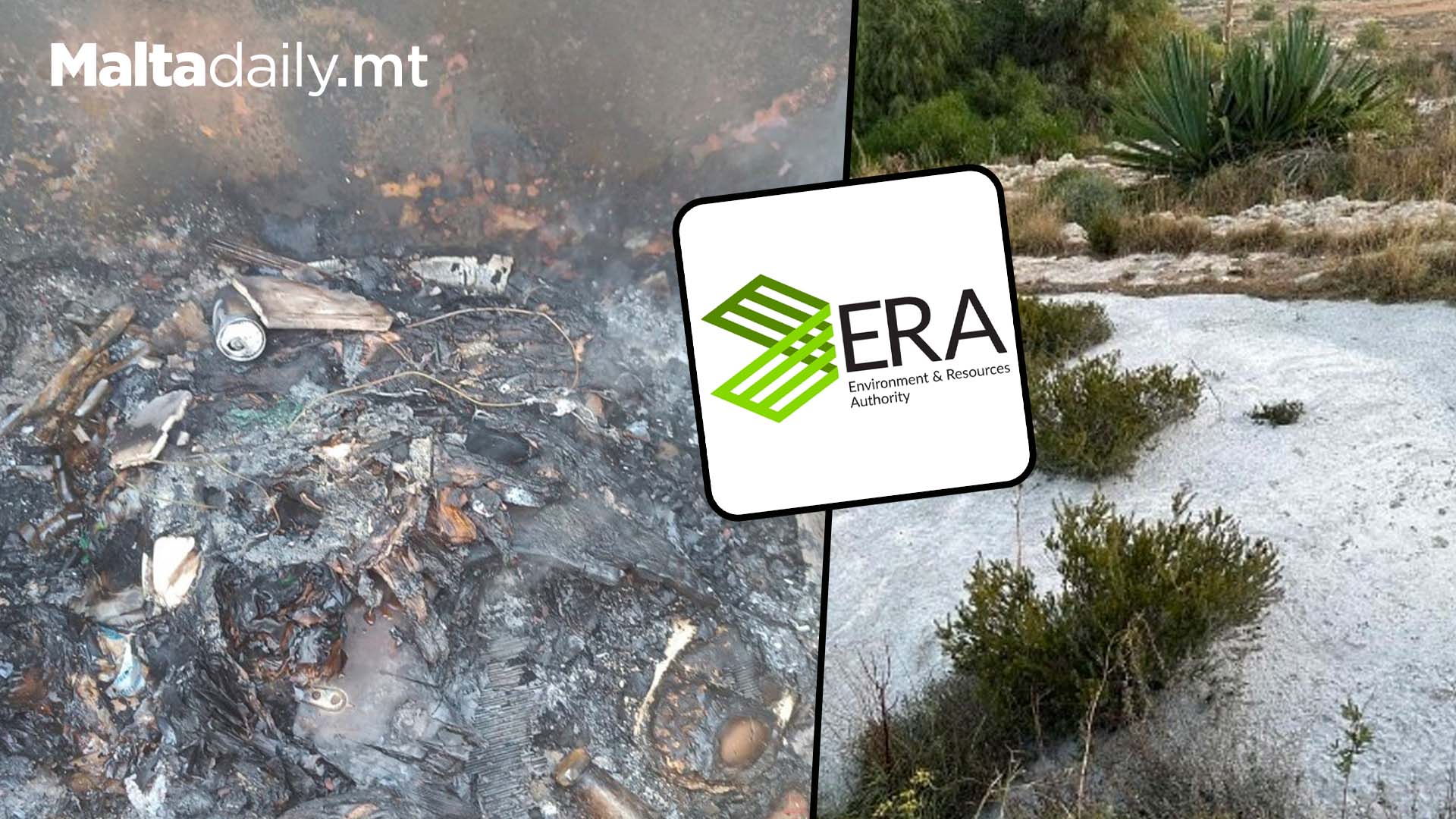
MEP negotiators and the Council have provisionally agreed to expand the scope of the EU’s anti-trafficking law by adding forced marriage, illegal adoption, and surrogacy as forms of exploitation.
The update to the 2011 directive on preventing and combating human trafficking requires EU countries to impose sanctions on individuals knowingly using services provided by trafficking victims.
Sexual and labor exploitation were the primary purposes covered in the original directive, but the updated law now explicitly addresses forced marriage, illegal adoption, and surrogacy, which accounted for 11% of all victims in the EU in 2020.
The agreement mandates criminalizing the use of services provided by trafficking victims, with penalties that are effective, proportionate, and dissuasive.
The exploitation of surrogacy, coerced or deceived, is also targeted. The maximum penalty for these offences is at least five years of imprisonment, increasing to ten years for aggravated offenses.
The new law recognizes the amplifying impact of information and communication technologies on trafficking and strengthens sanctions against legal entities involved in trafficking, including exclusion from public funding and the withdrawal of permits. Swedish MEP Malin Björk praised the agreement for enhancing victim protection and urging member states to intensify their response to human trafficking.
#MaltaDaily
















